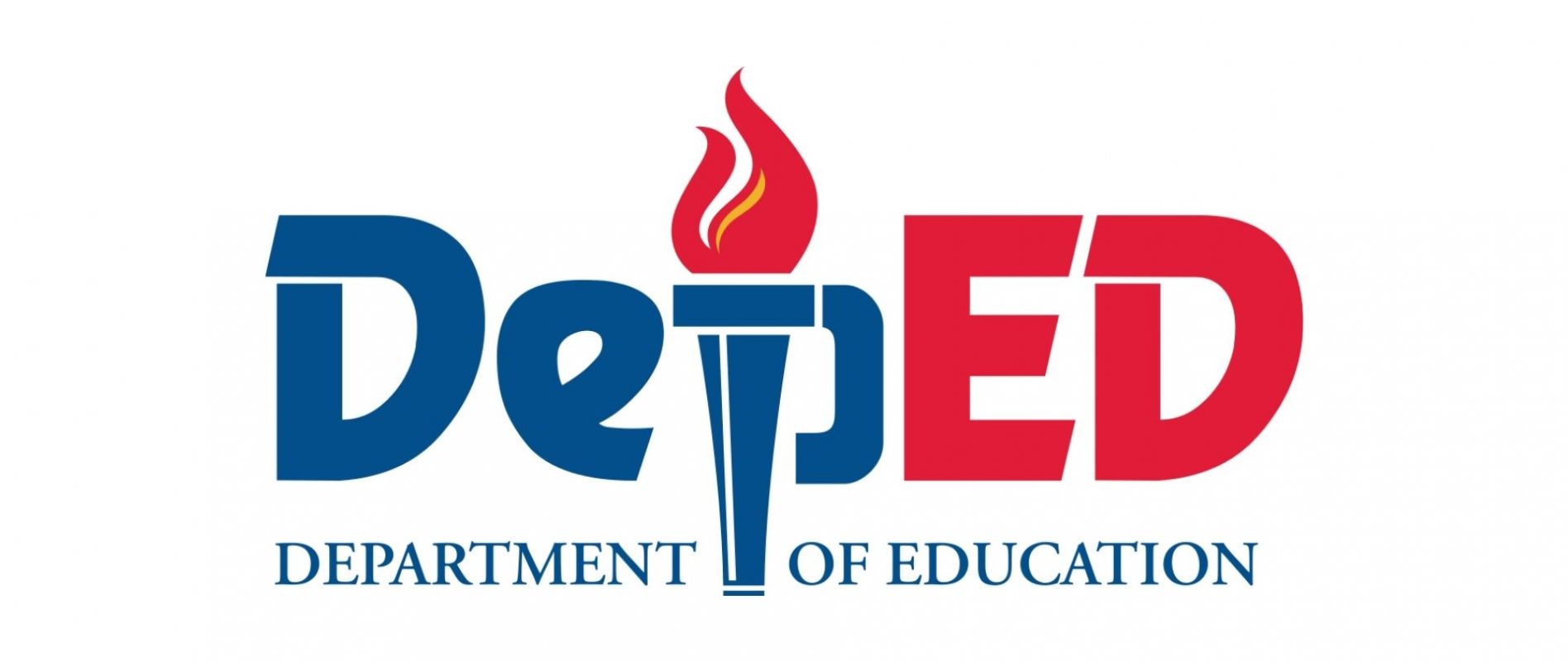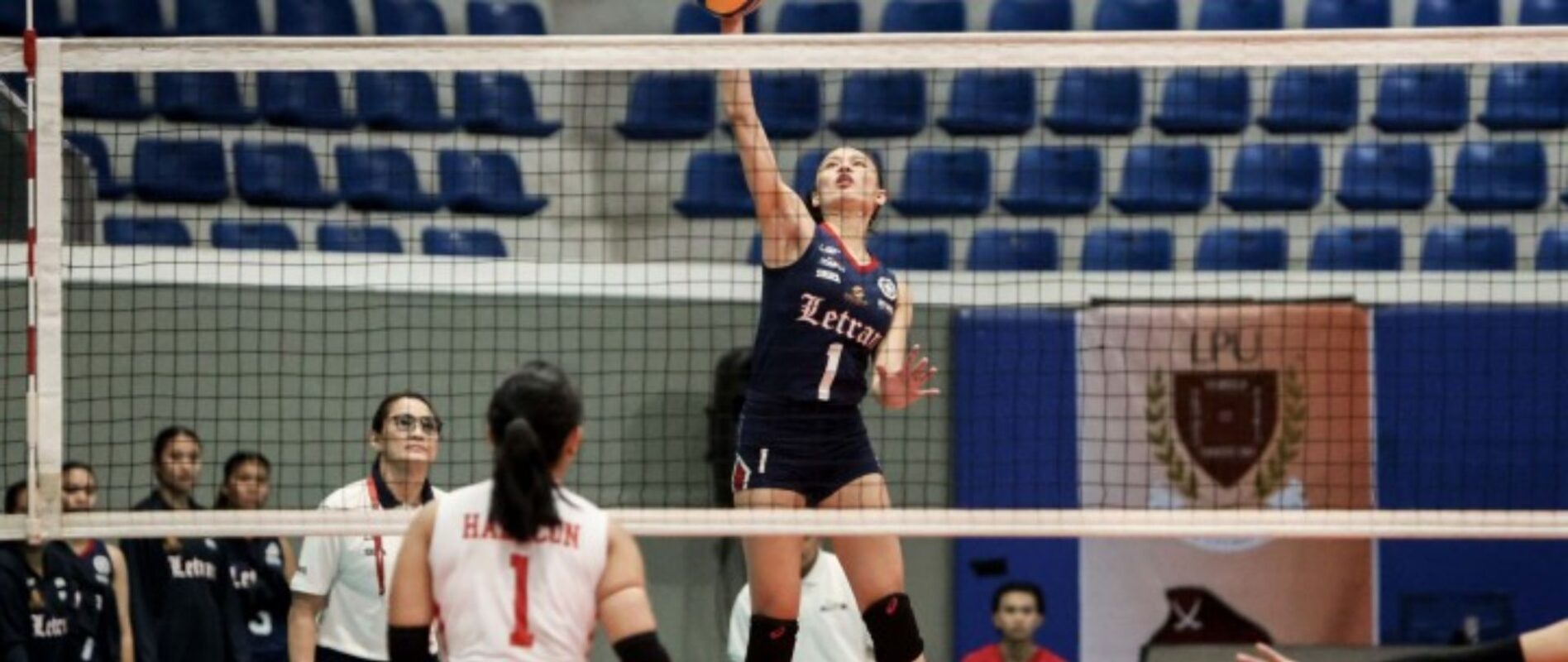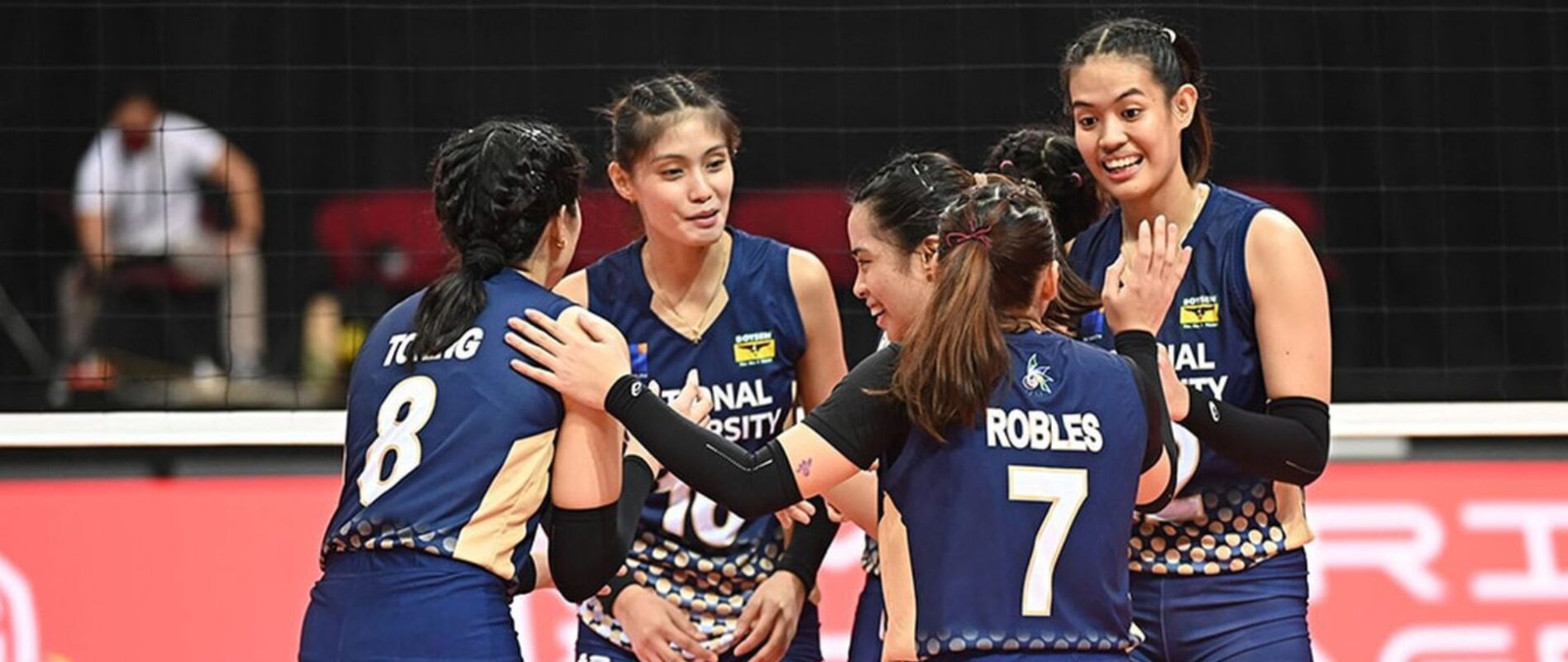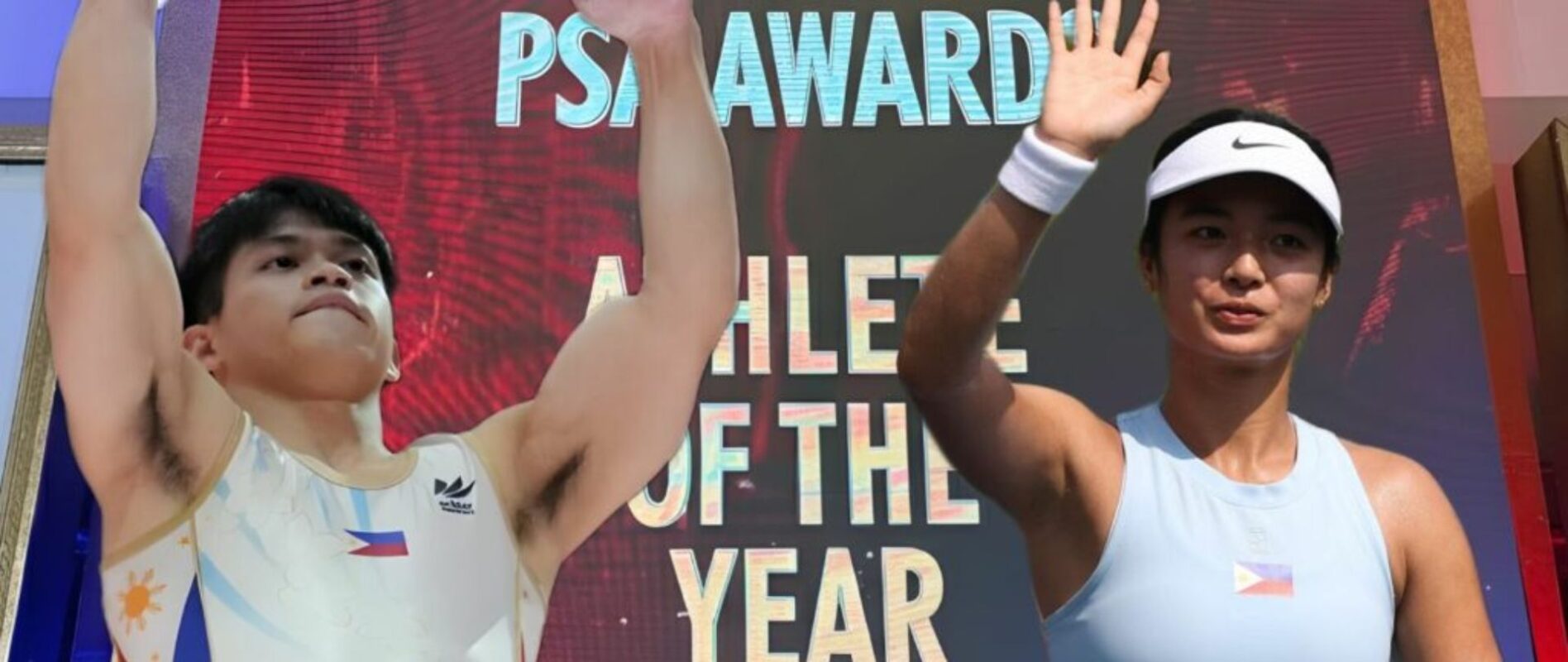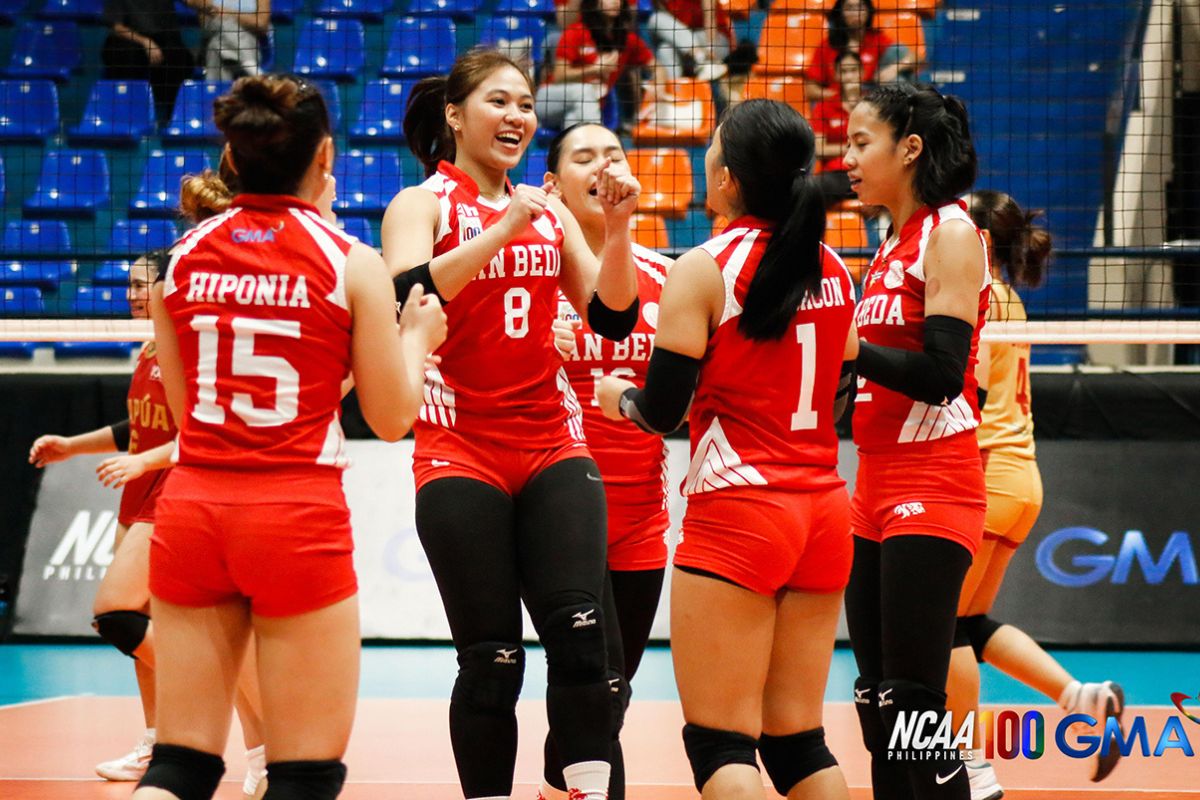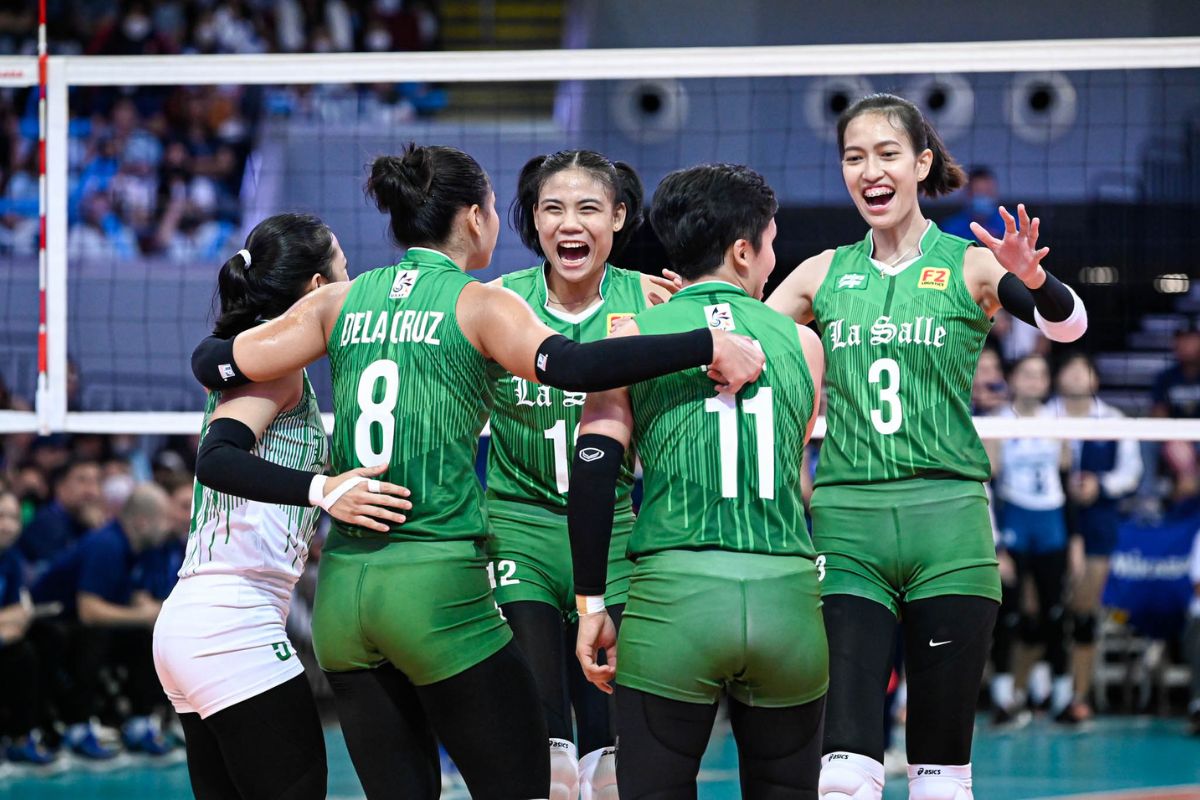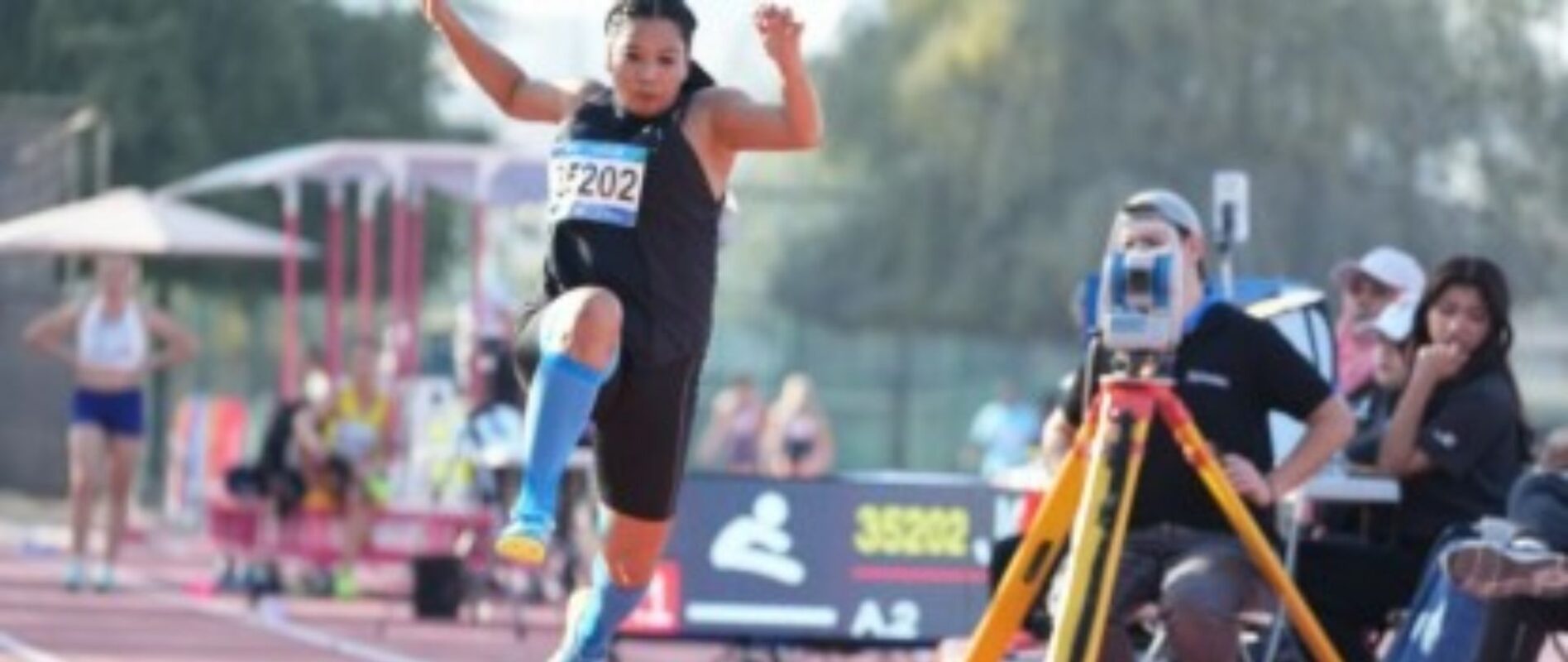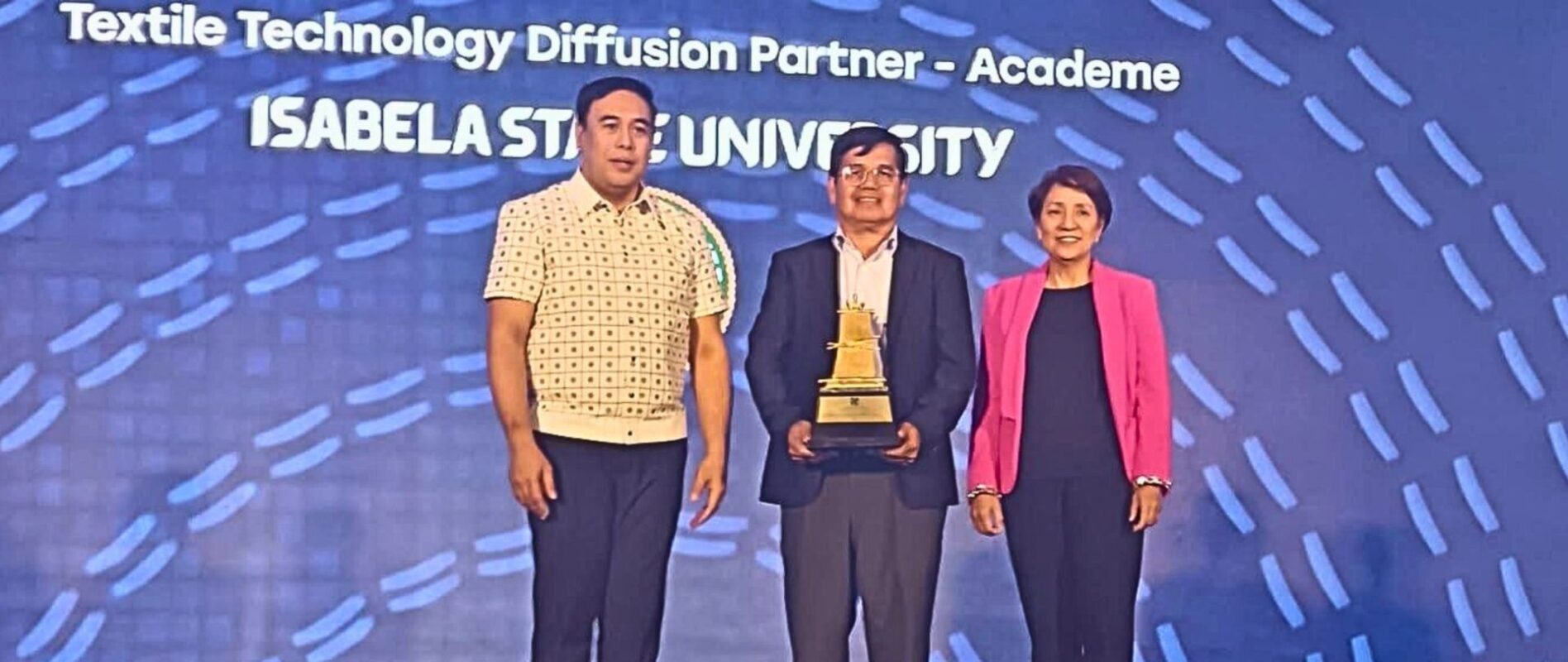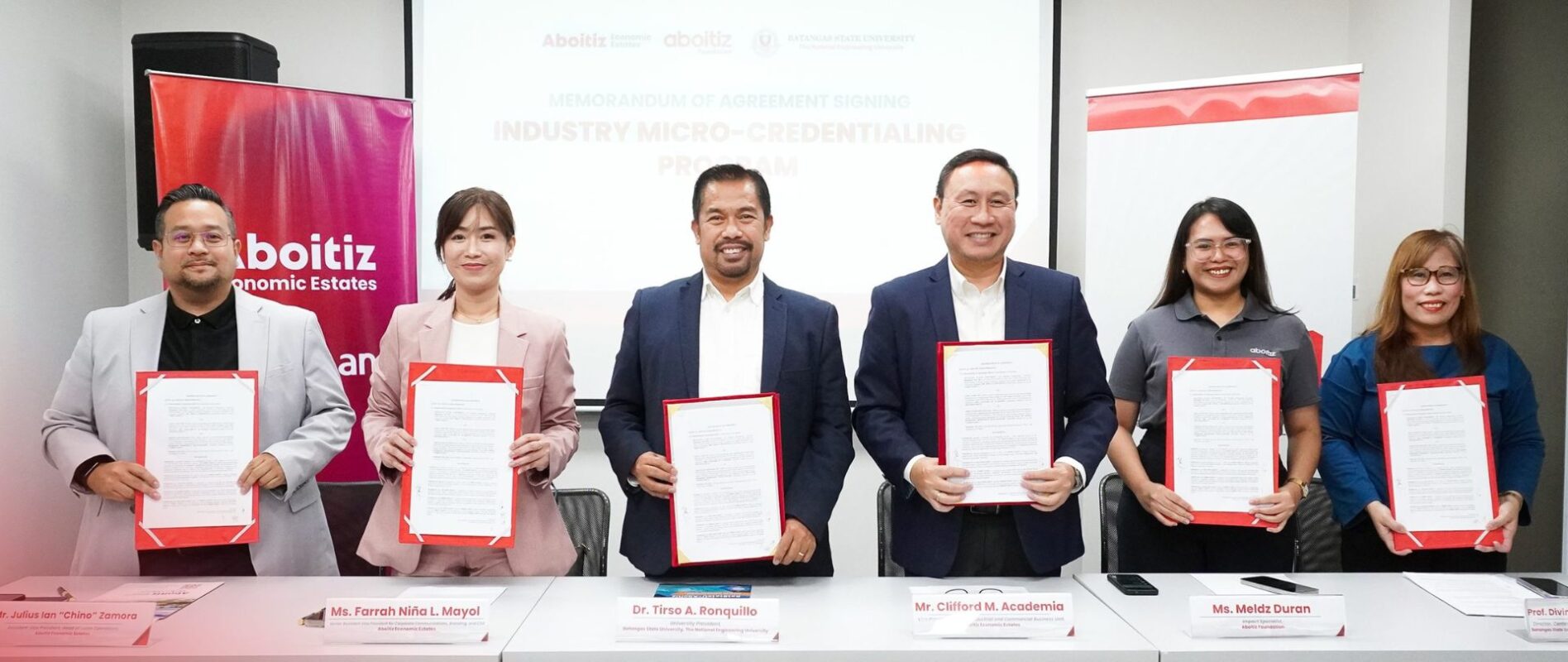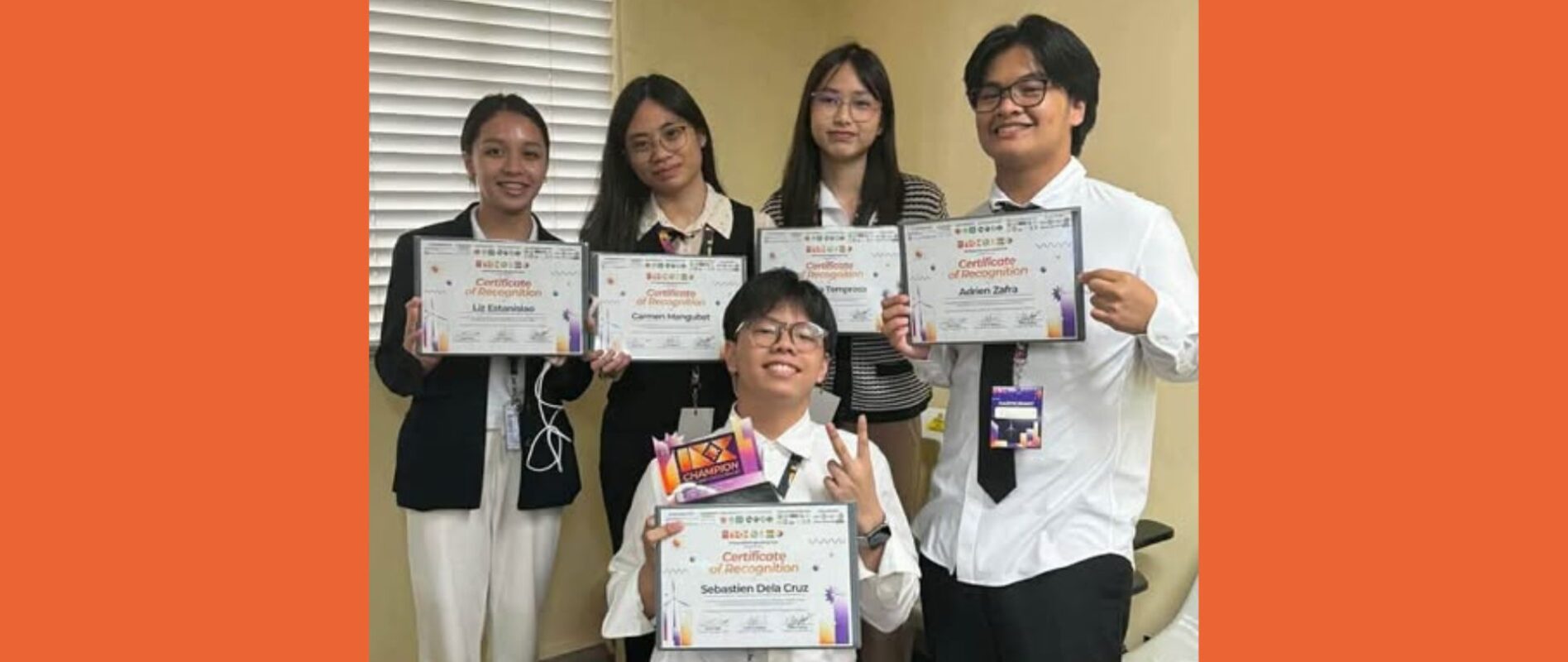DEPED SETS POLICIES FOR STUDENT-ATHLETES’ WELFARE, PROTECTION
The Department of Education (DepEd) has released a policy directing compliance to Republic Act No. 10676 that regulates the residency requirement and prohibits the commercialization of student-athletes.
In consultation with the Philippine Sports Commission, DepEd and the Commission on Higher Education issued Implementing Rules and Regulations (IRR) for Republic Act 10676 or the “Student-Athletes Protection Act,” which covers all public and private basic education schools, higher education institutions m, technical-vocational institutions, and athletic associations.
“With this IRR, we will be able to ensure that our student-athletes keep their amateur status and that they are protected from commercial exploitation. This IRR specifically upholds the rights and welfare of our student-athletes, assuring that they will be able to maximize their skills and potential in their respective fields of amateur sports without neglecting education and well-being,” Education Secretary Leonor Briones said.
With the law in effect, student-athletes enrolling or transferring in another junior/senior high school, a college, or university will not be required to render residency. Moreover, the student’s current school is prohibited from reimbursing scholarship benefits and other incentives are given.
In addition, the school is likewise directed to release school records, grades, clearances, and eligibility for transfer at the behest of the student-athlete and is prohibited to impose other forms of sanctions.
Under the IRR, schools may also grant incentives and benefits to deserving student-athletes such as tuition and miscellaneous school fees; full board and lodging; school and athletic uniforms including supplies, equipment, and paraphernalia; medical services, life, and medical insurance; and a regular monthly living allowance or other monetary considerations that are within the standards set by the athletic association where the school belongs.
Furthermore, schools, athletic associations, and all other entities are barred from offering student-athletes or the immediate family members benefits or incentives, which are contrary to the nature of amateur sports and may result in commercialization.
Briones also emphasized that schools or associations that intend to offer benefits or incentives to student-athletes should be guided by the principle that a student-athlete is a student first.
“Such benefits or incentives shall seek to ensure that the student-athlete attains quality education while honing his/her skill and reaching his/her full potential as an athlete in an amateur sports training,” Briones added.

